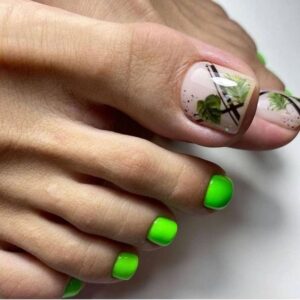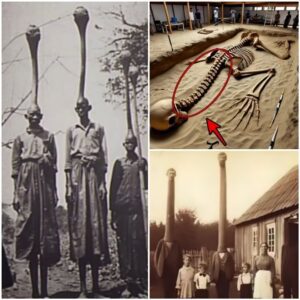A joyful mother recently recounted the experience of her young daughter bidding farewell to a birthmark on her forehead, despite facing initial skepticism from medical experts.
The narrative revolves around Celine Casey and her two-year-old daughter, Vienna Shaw. Vienna was born with a rare birthmark called congenital melanocytic nevus (CMN) on her forehead, a condition that occurs in only one out of every 20,000 newborns.
Upon discovering the birthmark, Celine experienced concern and questioned whether any actions during her pregnancy were to blame. Uncertain about the implications of the birthmark for Vienna, she was determined to have it removed, ensuring her daughter could grow up without feeling different.
 Although the birthmark didn’t pose a threat to Vienna’s physical health, Casey recognized the potential impact on her daughter’s mental well-being as she interacted with other children. Celine revealed that the family used to conceal Vienna’s birthmark when going out, often encountering curious stares.
Although the birthmark didn’t pose a threat to Vienna’s physical health, Casey recognized the potential impact on her daughter’s mental well-being as she interacted with other children. Celine revealed that the family used to conceal Vienna’s birthmark when going out, often encountering curious stares.

Seeking assistance from the NHS, the family received disheartening feedback, with doctors categorizing the surgery to remove the birthmark as a cosmetic procedure.
Nevertheless, the parents were genuinely concerned about potential teasing affecting Vienna’s well-being. Casey worried that if they didn’t address the birthmark, her daughter might grow to resent them.
Taking matters into their own hands, the parents privately raised the necessary funds through crowdfunding. Disagreements between the medical team and the parents ensued, with the surgeon refusing to perform the procedure, asserting that the child should decide once she reaches an appropriate age.
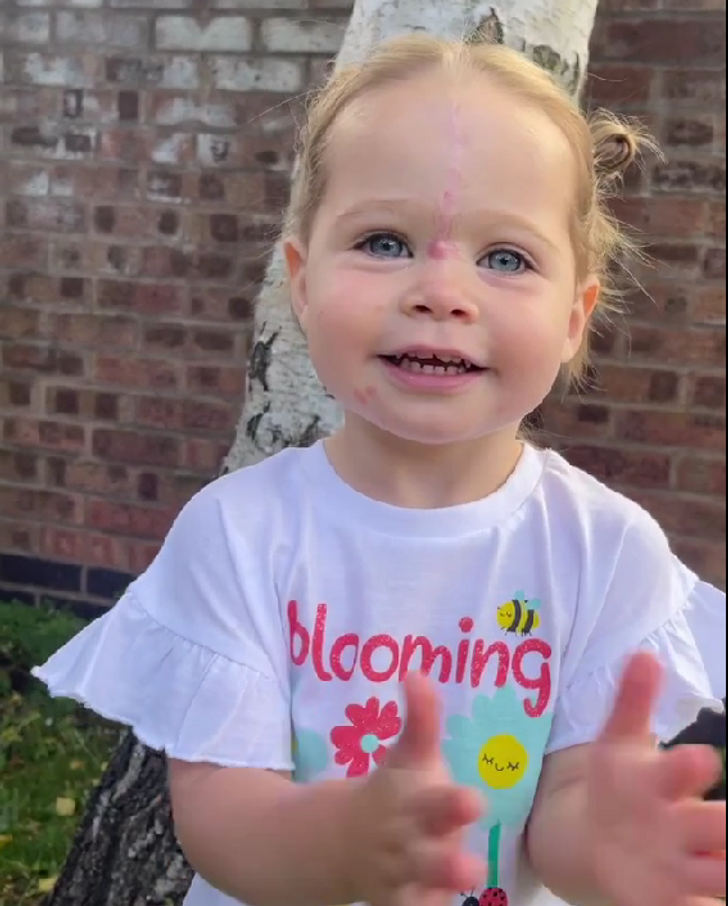
Vienna, now two years old, has successfully undergone surgery to remove the birthmark, leaving a faint scar between her eyebrows. Despite the birthmark’s removal, the family continues to monitor the scar’s healing and potential need for additional procedures.
The case underscores the delicate balance between parental advocacy and a child’s autonomy in medical decisions. While the parents sought social acceptance and well-being for Vienna, medical professionals emphasized the importance of respecting Vienna’s future autonomy over her own body.
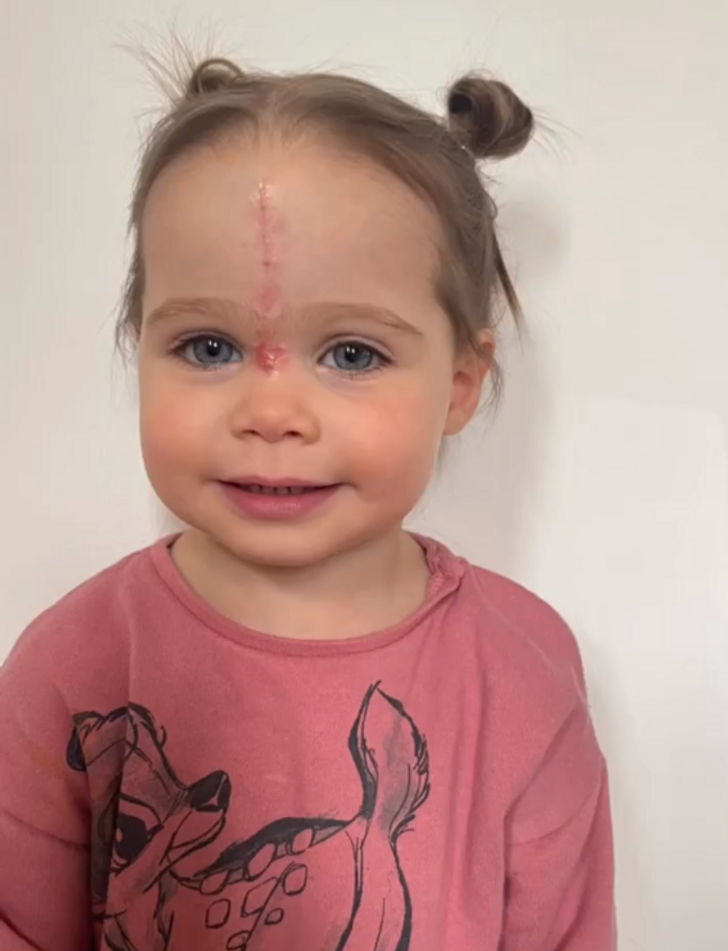
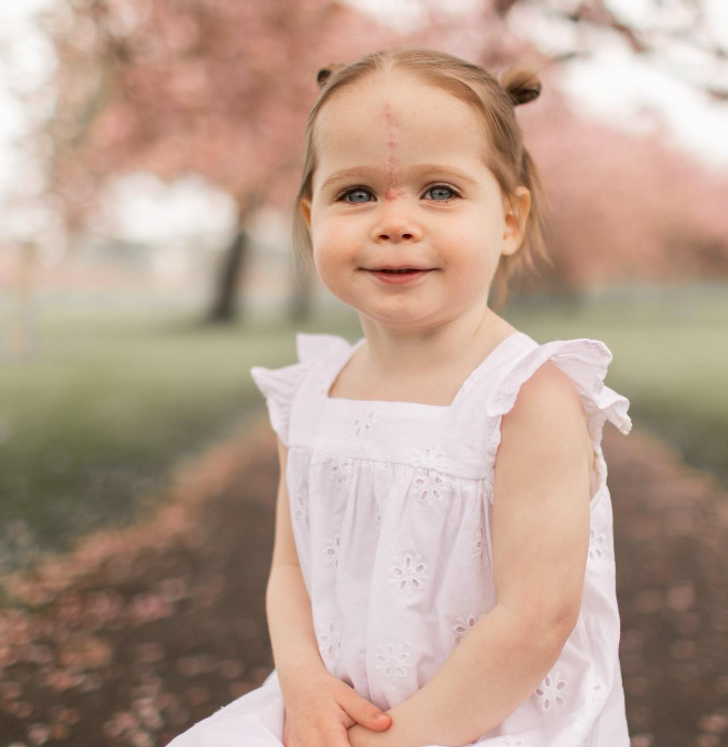 This story serves as a poignant reminder of the complex ethical considerations surrounding parental authority and individual autonomy, prompting broader reflections on the rights of minors in the medical realm.
This story serves as a poignant reminder of the complex ethical considerations surrounding parental authority and individual autonomy, prompting broader reflections on the rights of minors in the medical realm.
